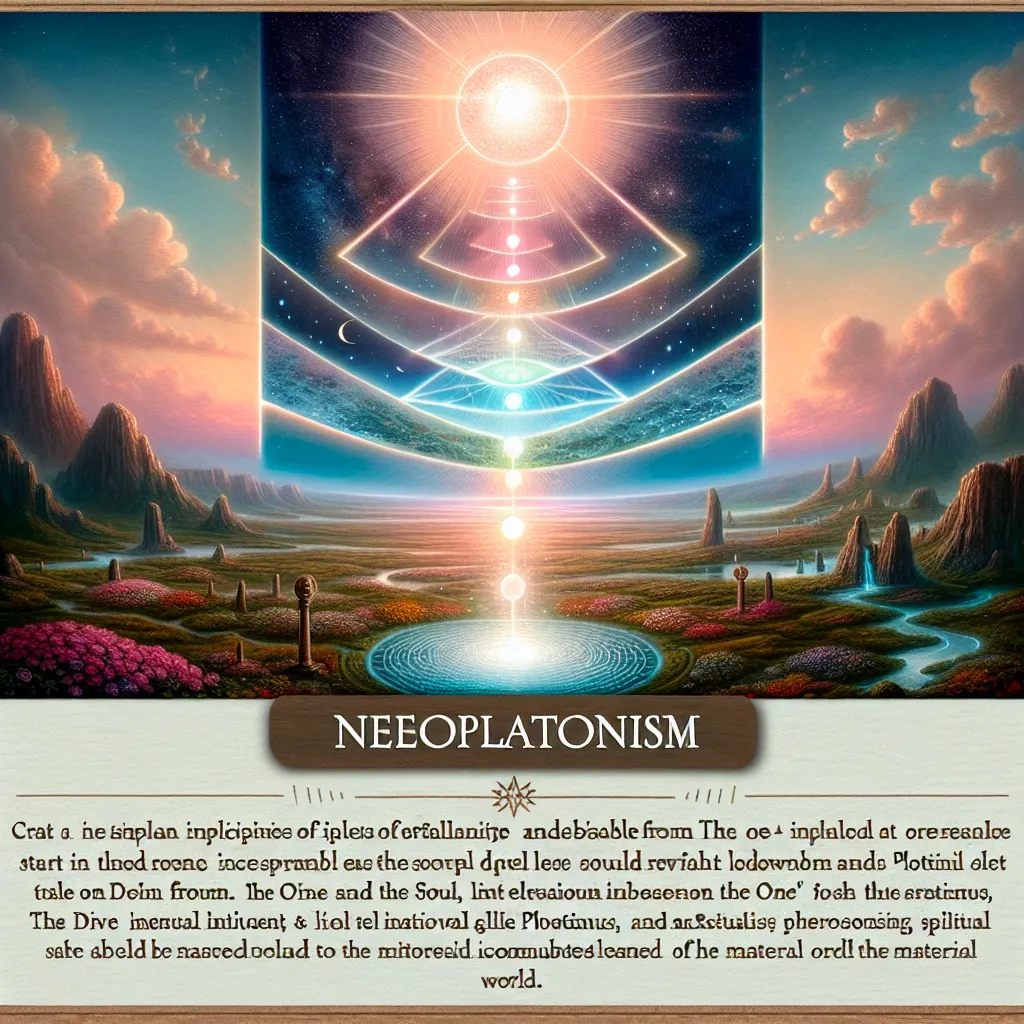When we talk about wealth and poverty, we’re often tempted to see them as simple matters of fortune or misfortune. But the world’s great religions have spent centuries wrestling with bigger questions: What does it mean to have or lack resources? How should we treat money—not just in our own lives but as a community? And, perhaps most challenging, how do we keep material concerns from swallowing our deepest values?
It fascinates me how each system crafts its own path, using language of justice, responsibility, and spiritual discipline. In Islam, the institution of Zakat makes giving not merely a gesture of goodwill but a requirement. Imagine a world where sharing is not left to personal whim. Each year, Muslims calculate a set portion of their wealth and distribute it to families in need, the indebted, the traveler, and several other groups. This hands-on system disrupts the “every person for themselves” mentality that can creep into financial life. It also treats wealth as a trust, a gift held temporarily—and that idea shapes attitudes toward hoarding, investment, and community support in real, material ways.
“Whoever is generous to the poor lends to the Lord, and he will repay him for his deed.” That old proverb echoes across religions and centuries, tapping into a universal impulse to care for the vulnerable. Christianity, too, approaches wealth as a trust, but its focus often lands on the heart of the matter: Why do we want what we want? Is it for personal security or something larger? The language of stewardship challenges us to keep asking whether our priorities match our deepest convictions. Some Christian communities model radical simplicity—think of monks who own almost nothing and dedicate their days to prayer and service. But even for the rest of us, the message is clear: abundance is not the villain, but losing sight of justice, compassion, and generosity is a dangerous road. The real question isn’t “How much should I keep?” but “What am I here to do with what I have?”
“Not everything that can be counted counts, and not everything that counts can be counted.” Albert Einstein’s words fit Buddhism’s Middle Way better than most realize. Buddhist teaching doesn’t scold people for having money, nor does it glorify poverty. It’s the craving, the grasping after possessions, that creates suffering. Have you ever noticed how getting something new often brings only a brief hit of happiness before restlessness starts again? That’s the cycle Buddhism wants to break. Possessions are fine as long as we’re not possessed by them. The Middle Way encourages ethical earning and mindful use, focusing on contentment rather than accumulation. And while generosity is praised, it’s the non-attachment—being ready to give up anything for the sake of inner peace or the good of others—that sets this path apart.
“Justice, justice shall you pursue.” That famous line from Jewish scripture shapes the idea of Tzedakah, often translated as “charity” but really meaning righteousness or justice. In this tradition, giving is not optional. It’s a way of making things right—a response to the imbalance created by luck, inequality, or even historical circumstance. What’s striking is how well-defined the giving is. Jewish law outlines different levels of Tzedakah, with anonymous or dignity-preserving gifts rated as higher forms. The underlying principle is clear: everyone, regardless of means, participates in correcting the fabric of society. Wealth is good if it’s earned honestly and shared justly. So we’re moved from seeing charity as a one-sided affair to a kind of social contract, where everyone is both giver and receiver at some point in their life.
“Earth provides enough to satisfy every man’s needs, but not every man’s greed,” Gandhi reminded us. If we look at Hindu thought, wealth is not shunned. Material prosperity, or Artha, is one of life’s core aims. But it sits within a bigger system—dharma, or duty, always comes first. I’m struck by how this balances celebration of success with warnings on attachment. You might become wealthy, but how does your wealth serve your family, neighbors, or those with less? Giving, or Dana, is encouraged as a daily practice, not a rare event. And if wealth starts to take over your mind, devotion, or sense of self, it’s seen as a spiritual risk, possibly dragging you away from the possibility of liberation or deeper fulfillment.
Now, it’s easy to highlight these “rules” and assume they’re heavy burdens or limitations. But in every tradition, there’s a persistent emphasis on freedom—freedom from fear, greed, or the insecurity that can haunt us whether we are rich or poor. In my own experience, the most powerful insight isn’t found in formulas but in questions. Am I using what I have to make the world fairer? Does my relationship to money increase my empathy, or does it narrow my focus to my own interests? These are not theoretical questions. They shape the stories we tell about ourselves, the choices we make, the way we see our neighbors.
Have you ever wondered what the world would look like if every business owner, policymaker, or family leader genuinely viewed their assets as a trust? Or if the drive to accumulate always came with a parallel commitment to redistribute? The reality, of course, is messy. Even among the devout, ideals often confront obstacles: social pressure, market realities, cultural habits, and the ever-present desire to have just a little more. But that struggle may be the most honest place to start.
“Live simply so that others may simply live.” While this phrase is sometimes linked to St. Elizabeth Ann Seton, its spirit runs wide. Simplicity, as a value, often has less to do with the size of our bank account and more to do with our spirit. Are we content? Can we let go? Do we feel the tug to compare ourselves endlessly with others, or can we step off that treadmill and focus on connection and gratitude?
It’s tempting to divide religious approaches into rigid categories—Islamic justice, Christian stewardship, Buddhist detachment, Jewish justice, Hindu balance. But when I look closer, I see porous borders. The idea that wealth must serve something higher keeps reappearing. The suspicion that unchecked materialism erodes the soul is universal. And the hope that generosity—whether institutionalized, ritualized, or spontaneous—can heal social divisions is persistent.
There are, of course, tensions and debates within each tradition. Some Muslim scholars debate the right ways to calculate or distribute Zakat in modern economies. Christian theologians have argued for centuries about wealth as blessing versus temptation. Buddhist laypeople and monks may differ in how literally they interpret teachings on non-attachment. Jewish communities continually negotiate the boundaries between obligation and voluntary giving. Hindu thought contains many schools, some celebrating worldly success, others warning against any form of clinging.
This complexity is a gift. It keeps us from easy answers and encourages ongoing reflection. Have you ever changed your views about money after a life event—a loss, a windfall, a new community? Religions ask followers to check in regularly, to keep questioning: Am I acting justly? Am I attached? Am I hoarding, or am I stewarding what’s been given to me—for now?
“Remember that the happiest people are not those getting more, but those giving more.” As I think about these systems, I return again and again to the transformative power of giving. Not just dropping change in a box, but investing time, attention, and resources in ways that connect us to others and ourselves. Real generosity, in this context, is less about the amount and more about the intention. Are we building relationships? Are we seeing people as equal partners, not just recipients?
What surprises me most is how these traditions encourage both humility and action. They ask us to hold loosely to what we have, not out of fear or shame, but in order to build something bigger—a sense of community, justice, and peace. Each path resists the idea that we are alone with our wealth or poverty. Instead, they urge us to see ourselves as part of a living web, where actions ripple outward in ways we can’t always see.
In the end, the religious approaches to wealth and poverty are not simply about giving up or acquiring things. They are about recalibrating the way we live, inviting us to measure success not just by accumulation, but by the generosity and justice we extend to others. They teach us to seek meaning beyond possession, to value dignity over display, and to weave ethics into the very fabric of our economic lives.
What if the real test of wealth is how lightly we carry it—and how well we use it to mend the world around us? That’s a question for every age, every faith, and every person searching for a balanced and compassionate life.






